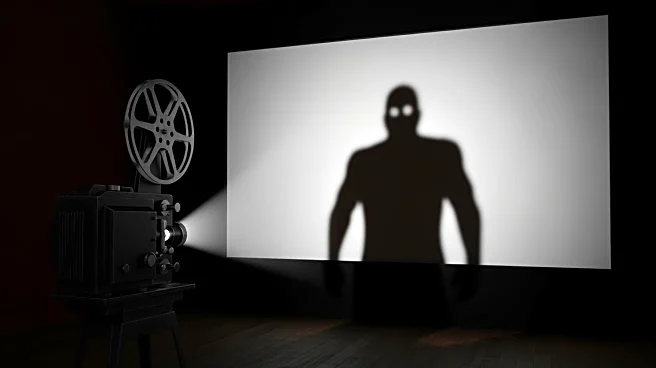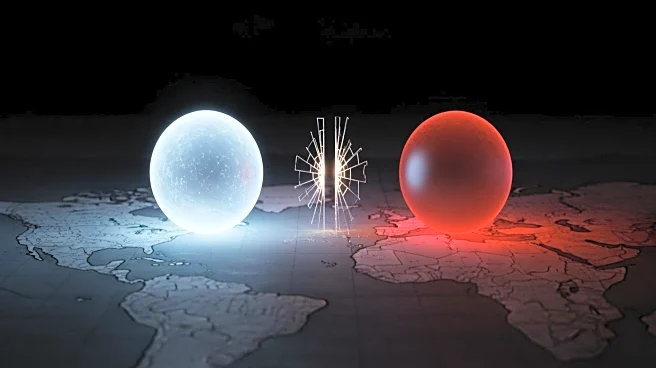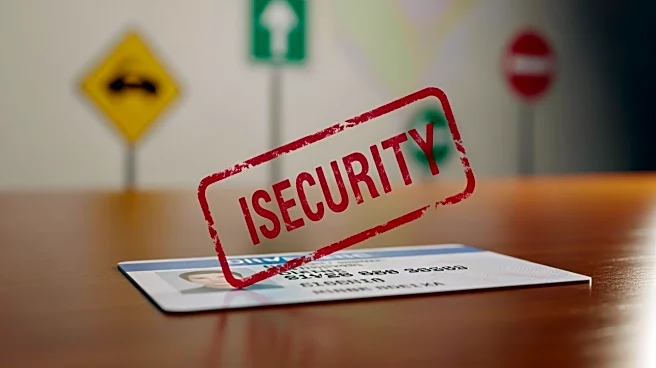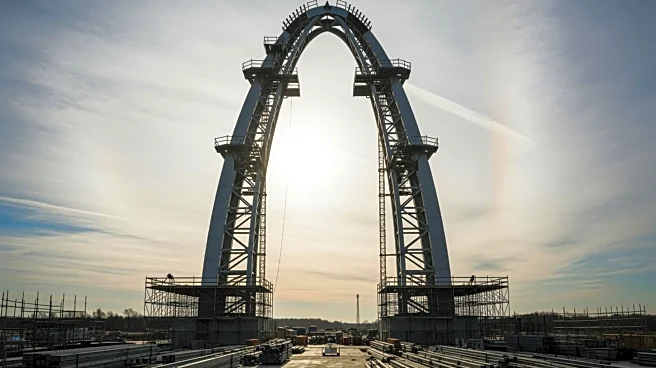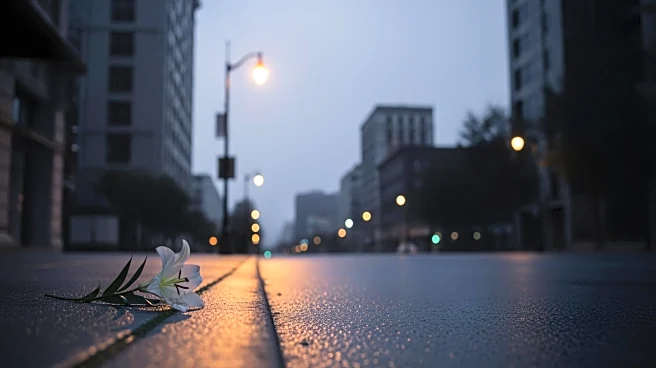What's Happening?
The horror genre is experiencing a significant rise in recognition within the film industry, particularly with the potential for nominations at the 2025 Oscars. Films like Ryan Coogler's 'Sinners' and Guillermo del Toro's 'Frankenstein' are strong contenders
for the Best Picture category. This marks a shift in the Academy's traditional reluctance to acknowledge horror films, which have historically been overlooked despite their box office success. The genre has reached a record annual gross of $1.2 billion, with several horror films ranking high in domestic box office charts. Industry experts note that horror films are now being produced with higher quality and are attracting top filmmakers, which is contributing to their growing acceptance in prestigious award circles.
Why It's Important?
The increasing recognition of horror films by the Oscars reflects a broader shift in the film industry, where traditional genres like adult dramas are declining in popularity. This change could lead to a more diverse range of films being considered for awards, potentially increasing viewership for the Oscars broadcast. The success of horror films also highlights their profitability and appeal to audiences, which could encourage studios to invest more in the genre. This trend may lead to a reevaluation of what constitutes an 'Oscar-worthy' film, expanding the scope of films that are celebrated for their artistic and commercial achievements.
What's Next?
As horror films continue to gain traction, it is likely that more filmmakers will explore the genre, potentially leading to innovative storytelling and new cinematic experiences. The Academy may also face pressure to adapt its criteria and embrace a wider variety of films, which could influence future award seasons. Additionally, the success of horror films at the box office and in awards circuits may inspire other genres to evolve and find new ways to engage audiences.
Beyond the Headlines
The growing acceptance of horror films at the Oscars could have cultural implications, as it challenges the perception of horror as a lesser genre. This shift may encourage filmmakers to incorporate more complex themes and social commentary into horror films, further elevating the genre's status. The trend also reflects changing audience preferences, with viewers increasingly seeking diverse and unconventional narratives.
